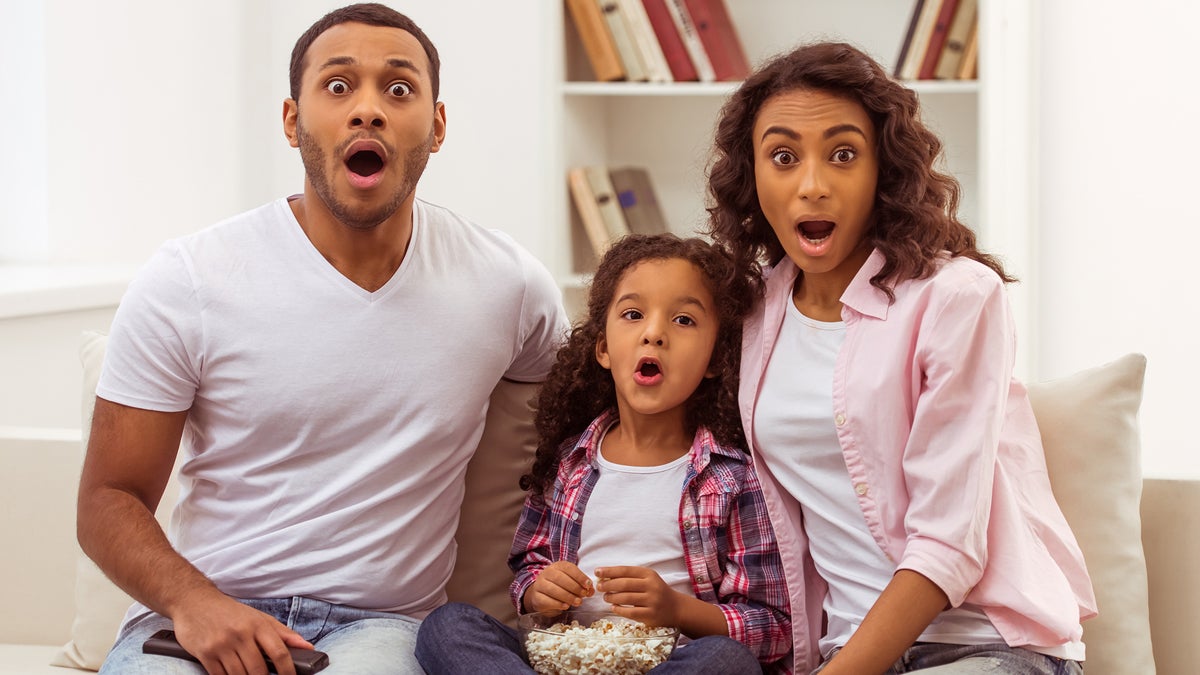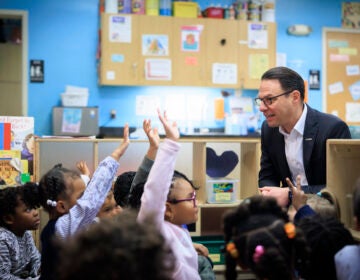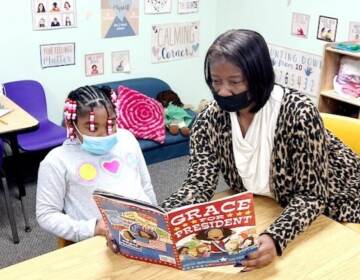5 things your child can learn from Trump and Clinton

With this election dominating the media, your child may be asking tough questions. As a parent, the urge to shelter young minds may be appealing, but kids want answers and they need guidance now more than ever. So, what’s a parent to do?
Love them or hate them, Donald Trump and Hillary Clinton are currently facing off in one of the most heated presidential races our country has ever seen. With this election dominating the media, your child may be asking tough questions. As a parent, the urge to shelter young minds may be appealing, but kids want answers and they need guidance now more than ever.
So, what’s a parent to do? Here are five ways to turn some very public political foibles into priceless life lessons for your child (and for politicians, if they’re willing to listen).
1. It’s not just what you say, but how you say it that matters.
We can thank Trump for this one. Throughout this race, most certainly during the last two debates, he has come under fire for his “unpresidential” communication style.
While you’re probably not raising your child to be a politician, parents try to make the point that the way you say things matters from the time kids begin speaking (think, “Ask nicely,” and “What’s the magic word?”). You send the message to your kids that they will get more of what they want if they speak respectfully.
With the presidential race as a living example, point out to your child that even good ideas may be overlooked if they’re delivered aggressively or disrespectfully. Remind kids that name-calling is never okay and that the best way to be heard is to listen first, then share your thoughts without being on the attack.
2. You’re responsible for what you say (even if you think no one is listening or reading).
Just recently the country was made privy to a conversation between Trump and Billy Bush that was never meant for our ears. No matter what he says now, we’ve all heard it and will form our own opinions. Prior to that, emails were leaked from Clinton’s camp as well as a private conversation she had with donors regarding Bernie Sanders supporters.
The lesson for kids is, “You’re responsible for your words no matter what, so choose them carefully!” This is critical in today’s world of technology where texts written to one person can be shared at will and smartphones can record virtually anything (often without bystanders knowing). Saying, “I didn’t know you were going to hear/read that,” is not going to get you off the hook, so encourage your child not to say things they can’t stand behind.
3. ‘I’m Sorry’ is not a magic eraser.
Trump and Clinton have both had some things to own up to, but even when apologies have been made, kids are smart enough to recognize that those words don’t necessarily wipe the slate clean. In fact, both sides of the political debate have said “sorry” only to continue getting heat for their words or actions.
The lesson here is that simply apologizing is not enough. “I’m sorry,” does not erase what was said or done and people are more apt to notice and remember negatives than positives. It takes far more effort to recover from an error than it does to make one. Remind your child that the only way to truly regain trust is to accept responsibility and change your behavior moving forward. Discussing this concept will teach your child to value their credibility and help guide their future decisions in a positive direction.
4. You can’t keep everyone happy all of the time.
At one point, my daughter asked me, “Mom, why are so many people against Donald Trump and Hillary Clinton?” Well, there are dozens of reasons (okay, maybe more) that could enter the conversation here on either side, but as a parent I took things in a different direction. I used the question as an opportunity to talk about the unavoidable risks of taking a stand for things you believe in. Say what you want about Trump and Clinton, they both have strong opinions and they’re not afraid to share them.
It’s important for kids to know that being brave enough to voice your ideas publicly means you will likely have to tolerate judgment and criticism from those who don’t agree with you. The lesson for kids is to consider all sources of information, be ready to support your stance if and when you share it, and know that it’s okay to upset the apple cart sometimes.
5. Just answer the question!
Anyone who has watched the debates knows where I’m coming from here. My 8-year-old called both sides out on this within 20 minutes of the first debate and even he was frustrated by the endless talking in circles. I admittedly had lower expectations than he did since the tactic of dodging the question is not unique to these two candidates. That said, your child can learn a lot about what not to do by observing these exchanges.
When anyone, kids included, avoids answering a question it sends the message that they have something to hide. Similarly, talking on and on according to your own agenda regardless of what was asked communicates tremendous disrespect (and can make you look like you’re losing your grip on reality!). Teach your kids the value of being direct, even if their answer is, “I don’t know,” or, “I’m not comfortable answering that question.”
While it may not be on either camp’s agenda, clearly kids can learn from what these candidates do and don’t do in terms of taking responsibility, communicating effectively, and taking a stand on challenging issues. As things heat up over the last few weeks of the election, take time to connect with your child and make sure they learn all they can from this moment in our country’s history.
—
Stephanie O’Leary, Psy.D. is a clinical psychologist specializing in neuropsychology, and a mother of two.
WHYY is your source for fact-based, in-depth journalism and information. As a nonprofit organization, we rely on financial support from readers like you. Please give today.




